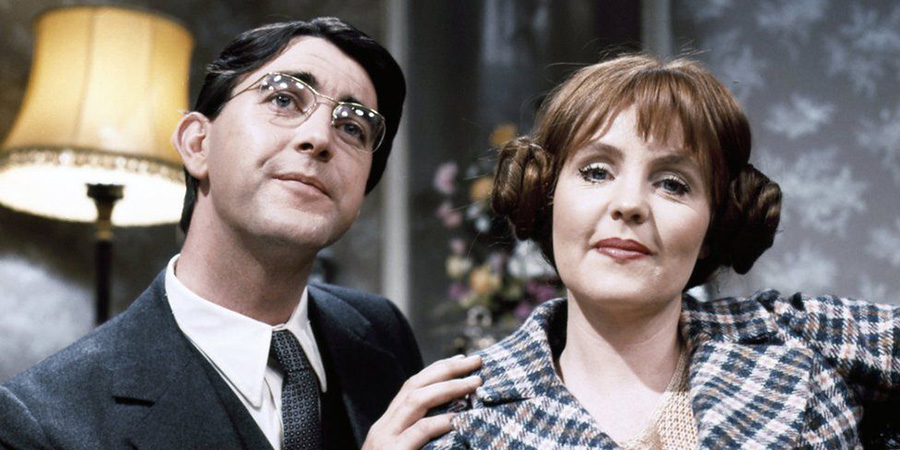I've been tagged! Cecilia at Craft, Coffee, and Cake nominated me for the Sunshine Blogger Award (some months ago...). As usual, I'm bad at following the rules for these sorts of things as I've been MIA from the blogging world so long that no one I traditionally followed still blogs, and thus I am at a loss as to who to pass it on to. (Not that there aren't many lovely blogs currently being written, but I'm no longer up to date on those.)
So, instead, I am (1) posting the official logo of the award:
 |
| Done. |
1. If you had to live out the events in a book as the main character, which book would you choose? Oh dear, the problem with this question is that main characters (at least in good books) suffer a lot. And I don't get excited about suffering. It's all very well for Bilbo to go from being chased by goblins to up a tree guarded by wolves, but I don't think that sounds very pleasing to personally experience. I guess I might go with Emma Woodhouse. The suffering she goes through is mainly the humiliation of realizing she is not as wise, clever, or good as she thought she was, and though that can be a very uncomfortable experience, it's also a very important one.
I do not approve of anything that tampers with natural ignorance. Ignorance is like a very delicate exotic fruit. Touch it and the bloom is gone. The whole theory of modern education is radically unsound. Fortunately, in England at any rate, education produces no effect whatsoever. If it did, it would prove a serious danger to the upper classes, and probably lead to acts of violence in Grosvenor's Square.*
Algernon: My dear Aunt Augusta, I mean he was found out! The doctors found out that Bunbury could not live, that is what I mean — so Bunbury died.Lady Bracknell: He seems to have had great confidence in the opinion of his physicians. I am glad, however, that he made up his mind at the last to some definite course of action, and acted under proper medical advice.
To be born, or at any rate bred, in a hand-bag, whether it had handles or not, seems to me to display a contempt for the ordinary decencies of family life that reminds one of the worst excesses of the French Revolution.
So do all who live to see such times. But that is not for them to decide. All we have to decide is what to do with the time that is given us.
- If you could guarantee the safety, would you want to give birth at home?
- You are giving birth to twins today, a boy and a girl. What are you naming them?
- What is the most important thing you would want your (actual or hypothetical) children to learn from you?
- Did you grow up believing in Santa Claus, the Easter Bunny, and the Tooth Fairy?
- Have you ever considered the relative merits, risks, and reasons for co-sleeping versus sleep training infants?
- If you were raising a baby in the 12th century, what modern conveniences would you miss the most? What traditional practices would you be most grateful for?
- Would you choose to find out the gender of your baby during pregnancy?
- What do you think are the best first foods for weaning babies?
- What child-rearing topic do you find most controversial or challenging to discuss?
- What activity or interest would you be most excited to share with your children?
- What most intimidates you about the idea of parenting?









